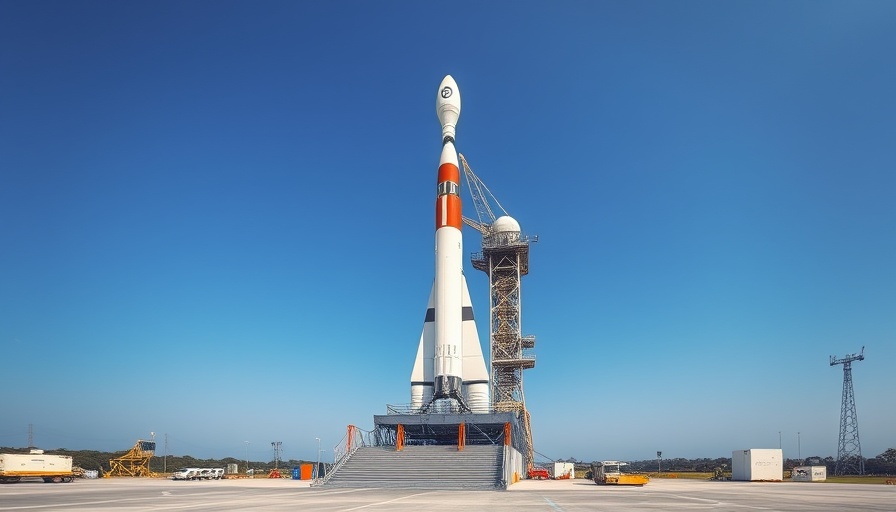
Indian Satellite Launch Faces Setback
On May 17, 2025, the Indian Space Research Organization (ISRO) experienced a setback as its launch mission to deploy the EOS-09 Earth observation satellite into orbit failed due to a technical issue with the PSLV-C61 launch vehicle. According to ISRO chief V. Narayanan, the failure occurred during the third stage of flight when there was a drop in the chamber pressure of the motor case, resulting in the mission not being accomplished.
The Journey of Indian Space Exploration
ISRO has a rich history in space exploration, marked by numerous achievements since its inception in the 1960s. India gained worldwide recognition when it successfully placed a spacecraft, Mars Orbiter Mission (Mangalyaan), into orbit around Mars in 2014. This remarkable feat signified India's growing prowess in space technology, showcasing its capability to conduct missions that both advance scientific understanding and enhance national pride.
Regaining Momentum After Previous Challenges
Following a failed attempt to land on the moon in 2019, India made a triumphant return by becoming the first nation to effectively land a spacecraft near the moon's south pole in 2023. This historic mission explored uncharted territories, prompting hopes of discovering frozen water reserves that could support future lunar missions. Despite the recent setback, the continuous endeavors of ISRO demonstrate resilience and a commitment to overcoming challenges in the pursuit of advances in aerospace technology.
The Importance of Learning from Setbacks
While every failure in the realm of space exploration can be disheartening, it also presents an opportunity to learn and improve. The challenges faced during the PSLV-C61 mission will undoubtedly lead to analyses that strengthen future missions. Engineering teams will review and iterate designs to ensure better performance in subsequent launches. The iterative nature of technology development is vital for progress, as each mission contributes valuable insights, whether successful or not.
Looking Ahead: The Future of Indian Space Missions
As India’s space program continues to evolve, plans for upcoming missions include more sophisticated satellites and potentially manned missions. The enthusiasm surrounding space exploration in India is palpable, and the public eagerly anticipates further advancements. India aims to broaden its reach beyond Earth observation to explore astrobiology and the limits of our solar system—initiatives that could redefine national and global understanding of space.
Conclusion: The Drive Towards Innovation
The EOS-09 mission serves as a reminder of the unpredictable nature of space endeavors. Despite setbacks, ISRO’s track record showcases the determination to push boundaries and explore the cosmos. Each mission builds upon the last, driving innovation and inspiring future generations. For enthusiasts and professionals alike, the message is clear: resilience in face of challenges paves the way for groundbreaking exploration and discovery.
 Add Row
Add Row  Add
Add 




Write A Comment